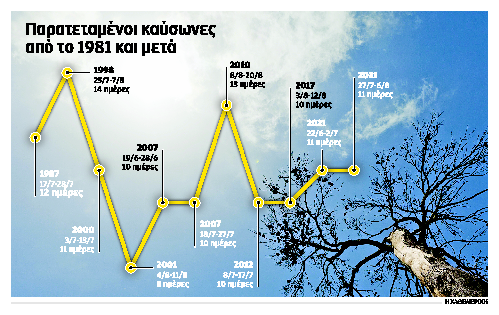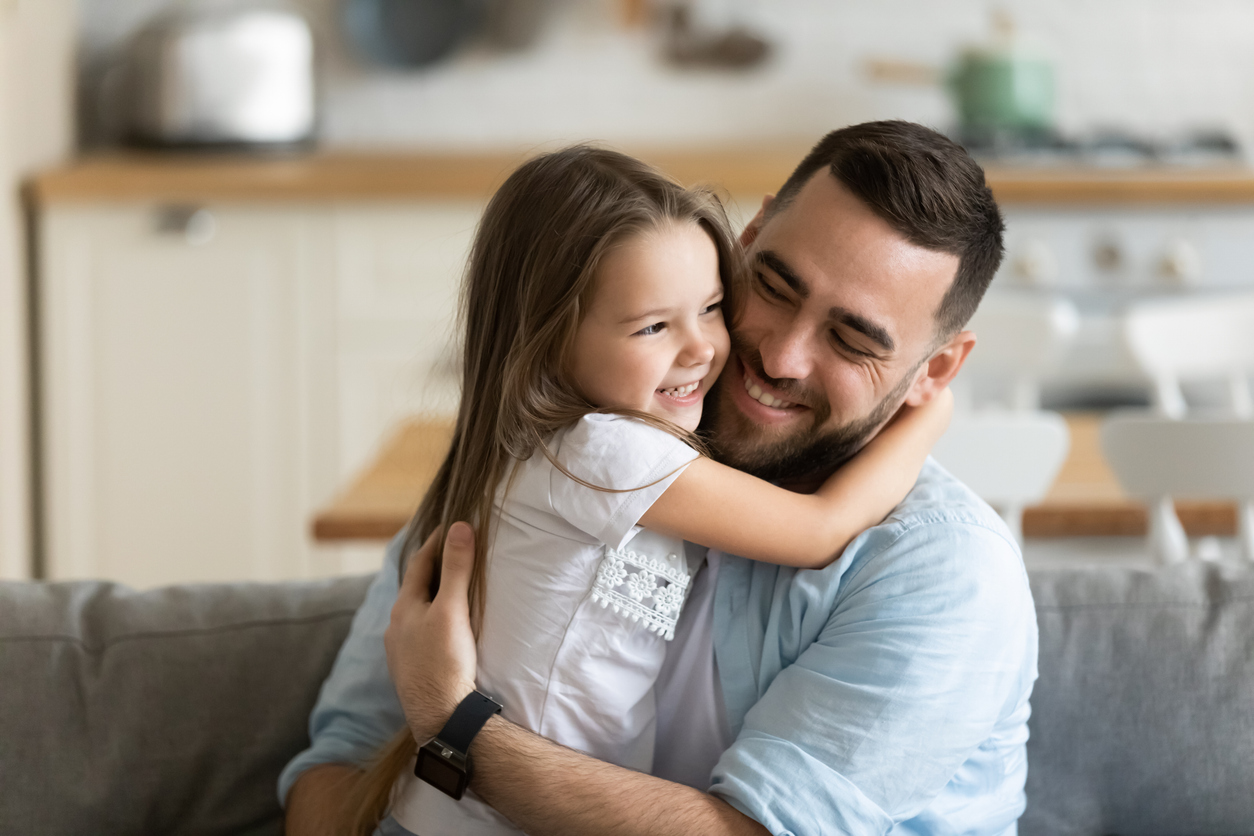24 July 2023
By Emily Reynolds
As mental health awareness has gained prominence, schools have put an increasing focus on wellbeing for students. However, pressure to achieve academically can complicate this. In the moment, pressure can decrease wellbeing, yet the fruits of academic efforts can increase future wellbeing.
A new study, conducted by a team at the University of Cambridge, looks more closely at what ‘wellbeing’ actually means in these contexts. They explore different forms of wellbeing — overall wellbeing, feeling good (life satisfaction), and functioning well (eudaimonia) — and tease apart whether the relationships between these types of wellbeing and academic achievement differ.
The study was part of a larger research project focused on children’s experiences of wellbeing at school, with data on the relationship between wellbeing and attainment for secondary school pupils pulled out of a larger dataset featuring children from a broader age range. Participants were 607 teenagers aged 14 or 15, who were in their penultimate year of secondary school in East England.
Wellbeing was measured using four constructs: life satisfaction (“feeling things are fun”), eudaimonia or ‘functioning well’ (“feeling confident”), negative emotions (“feeling stressed”), and how much students felt interpersonally related to others (“feeling cared for”). The reason for separating out these factors, the team says, was to create clarity on how each element interacts with academic achievement.
The team also gathered data on the participants’ academic achievements through their achievements in their mock GCSEs in English and Maths. Achievement in three previous exams was also analysed, with the team looking to see whether students achieved the expected standard in reading, grammar, punctuation and spelling, and maths. Achievement goals were also looked at, with participants indicating how much they agreed with statements such as “one of my goals in Maths lessons is to learn as much as I can,” or “it’s important to me that I don’t look stupid in my English lessons”.
Finally, the team looked at mindset. The scale used by researchers looked at two different mindsets: fixed mindset, measured by statements such as “I don’t think I can do much to increase my intelligence”, and growth mindset, measured by statements such as “I believe I can always substantially improve on my intelligence”.
Overall wellbeing predicted academic achievement: teenagers with higher overall wellbeing, combining general life satisfaction and eudaimonia, had significantly higher academic achievement than those with lower wellbeing. This suggests that efforts to increase wellbeing in schools could have a positive impact on academic attainment as well as mental health.
However, the results also show the importance of separating out different forms of wellbeing. Eudaimonia was significantly associated with attainment, while life satisfaction was not. This runs counter to other research, which suggested eudaimonia was the least important facet in attainment for young people. The team suggests may be to do with its England-centric focus, or analyses including only teenagers. Future research focusing on eudaimonia and attainment could clarify the relationship between the two further.
Finally, mindset was related to some forms of wellbeing — but, perhaps surprisingly, not to attainment. Those with both higher overall wellbeing and higher eudaimonia were also more likely to agree with statements reflecting a growth mindset, while there was no such relationship with life satisfaction.
Participants of this study were largely White, male, and not in receipt of free school meals, meaning the findings may not be generalisable to other demographics. Similarly, mock exams are assessed by teachers, rather than external examiners, which other research has suggested can be a process influenced by significant gendered and racialised bias.
Overall, the study suggests that life satisfaction is less important than eudaimonia when it comes to attainment. This highlights not only that increasing eudaimonia may be a crucial element to focus on for policymakers and teachers, but that different forms of wellbeing can have a different impact on material outcomes.
Read the paper in full: https://doi.org/10.1080/2372966X.2023.2217980
SOURCE:
https://www.bps.org.uk/research-digest/functionality-rather-feeling-good-may-lead-higher-achievement(accessed 26.7.23)



